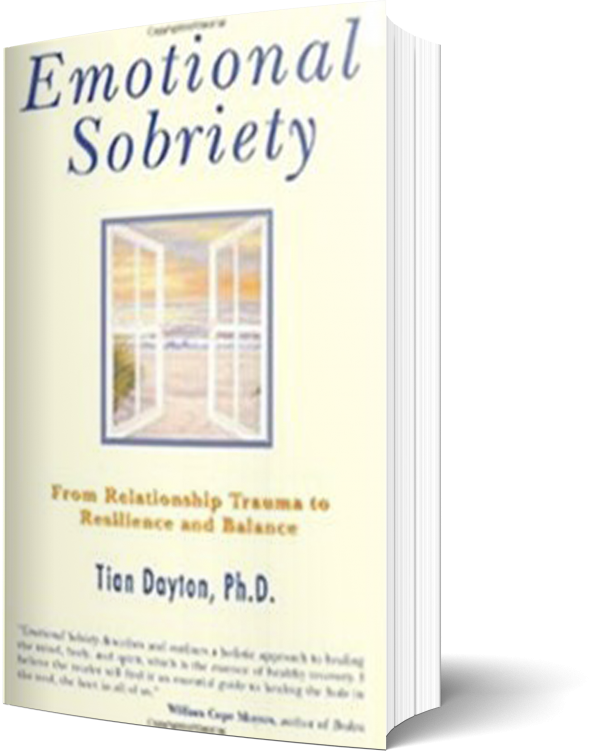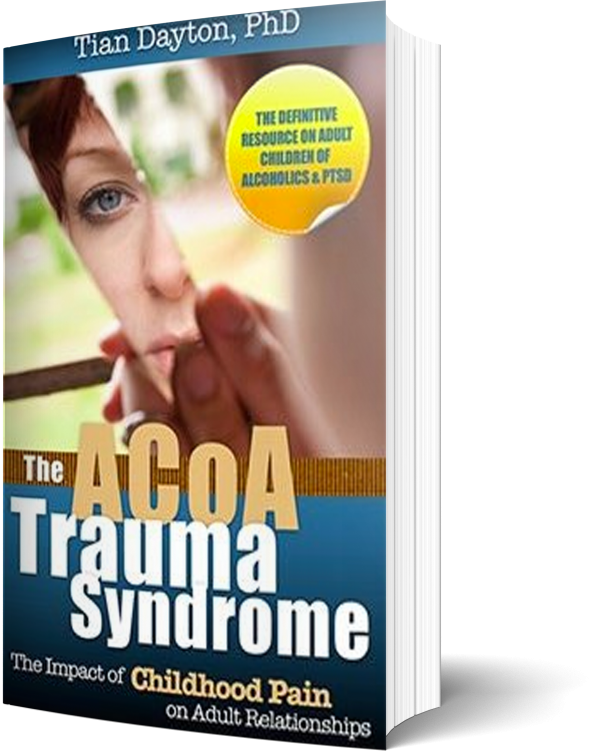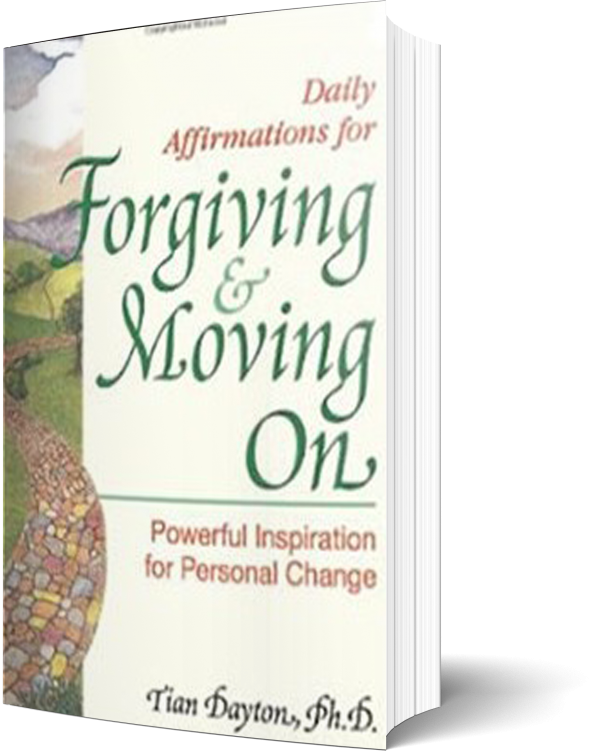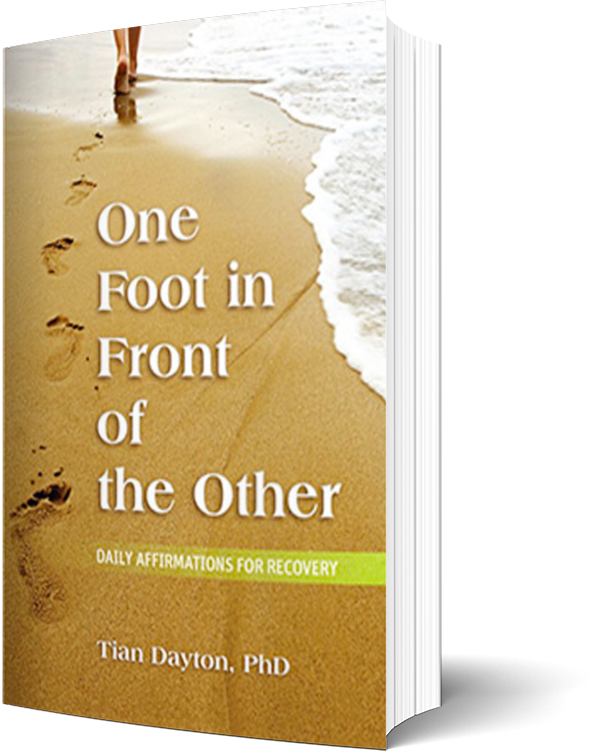An August 13th, New York Post article Blood is not Thicker than Alcohol reports that, “William Hance, was enraged not just that his sister, Diane Schuler, had guzzled vodka and smoked pot while driving his kids — but that her husband, Daniel, concocted bizarre medical excuses to try to explain away his wife’s condition and denied that she had a drinking problem, said a lawyer familiar with the situation.”
This is the kind of heartbreak that alcohol and drug abuse engender.
Families who hide parental alcohol and drug abuse put children at risk. The case with Diane Schuler is the horrific extreme of how children can be affected by, in this case, a drunk driver.
But there are other ways of “driving drunk”. There is the mother who simply ‘forgets’ to pick her children up on time, or to get them to school functions, friends or doctor’s appointments. There’s the Dad who doesn’t come home at night because his relationship with a bottle takes precedence over his relationship with his family.
Then there are the silent sufferers, the kids who become little adults too soon. The ones who stand guard at the gate of the family ready to swing into action to get younger siblings up, dressed and fed when mom or dad are “out of it”, to act in loco parentis not for physically absent parents but for parents who are absent because they have disappeared temporarily into a bottle or a drug.
The long term effects of this kind of constant preoccupation with whether or not the adults who are supposed to be in charge of our lives are on or off duty are what we have been discussing in previous blogs on codependency and will continue to discuss in that series.
Emotional Baggage
Kids who grow up in this atmosphere can become what psychologists call hyper vigilant, constantly scanning their environment for signs of changes in the emotional weather, constantly waiting to take their signals of what to do next from what is going on with their parents; the psychological equivalent of riding in the back seat of a car with a parent driving drunk. We discussed the over responsible little grown ups who step in to take charge when parents drop the ball, but the opposite also occurs when othe siblings, discouraged and disheartened with trying and getting nowhere just sort of give up and develop learned helplessness, because they learn that nothing they can do will change the situation for the better. Still others become anxious, depressed or even emotionally numb in an unconscious attempt to keep pain and anxiety under control.
In the absence of clear lines of authority siblings step in to fill the void. Sometimes older or stronger siblings take over in a benevolent manner, filling in the gaps left by parents……but sometimes they take advantage of the power vacuum and lord it over their more vulnerable counterparts. And sometimes they do both. When these alternating sibling dynamics run unchecked they can create confusion and competition; they can also create traumatic bonds, the kind that get forged under extreme stress.
Needless to say, denial of abuse can seer these qualities into place and make them deeply disturbing; because the problem is denied and explained away children cannot make sense of what is going on around them and their trust in their own powers of reasoning as well as in other people gets severely undermined because rather than the truth they hear….”Mom isn’t drunk she has a ‘medical condition’, ‘she’s just tired’, ‘you kids are too much for her…or….dad is just ‘tired from work,’ ‘worried about money’ ‘has that back problem (flu, old injury, headache…you name it) again.” This teaches children to doubt themselves and create a false persona to deal with their own fear and the world around them. It teaches them, in other words, to live a lie.
A child who grows up with alcohol and drug abuse may experience:
• Loss of Trust and Faith Due to deep ruptures in primary, dependency relationships and breakdown of an orderly world.
• Distorted Reasoning Due to convoluted attempts to make sense and meaning out of chaotic, confusing, frightening or painful experience that feels senseless.
• Easily Triggered • Development of Rigid Psychological Defenses When this person develops long term ‘charactor armour’ to defend against letting pain in.
• Desire to Self-Medicate When this person attempts to quiet and control their turbulent, troubled inner world through the use of drugs and alcohol or behavioral addictions.This can be part of how addiction gets passed down through the generations.
Why do families deny that there is a problem with alcohol and drug abuse until the cost is so great that it takes a life time to undo?
Addiction is mortifying, it is deeply disturbing to watch someone you love become someone else, become a person you might laugh at, turn away from or avoid in any other circumstance. Addiction is terrifying, to really admit how scared you are about what is happening on a regular basis in your own family it just too frightening. Addiction is creepy, confusing, insidious and very, very sad. It makes one feel that if they cop to the extent of the problem, they will have to change their entire life. They will have to run away, lower the boom or take a life altering action that they fear will ‘destroy the family’, ‘hurt the children’ or ‘turn everyone’s lives upside down’. But everyone’s lives are already upside down (and inside out).
Reaching Out
There is another way. They can reach out, break their silence and get help. They don’t even need to see a professional. Some of the best help available for addiction issues are twelve step programs. They are free, there is no sign up and twelve step meetings (AA for addicts, alanon for family members of addicts) are available at all times of day all over the world.
Whether what you are struggling with is addiction currently going on or the effects of growing up with addiction there is no need to struggle alone.
For more information log onto www.al-anon.alateen.org or www.aa.org.
If you are a teacher, clergy, medical or mental health professional, family member or good neighbor and want to learn how you can identify when there is a problem and help a hurting child, even if it’s only by listening or standing by log onto nacoa.org
For more information on the effects of growing up with addiction read Emotional Sobriety: From Relationship Trauma to Resilience and Balance, Tian Dayton PhD





